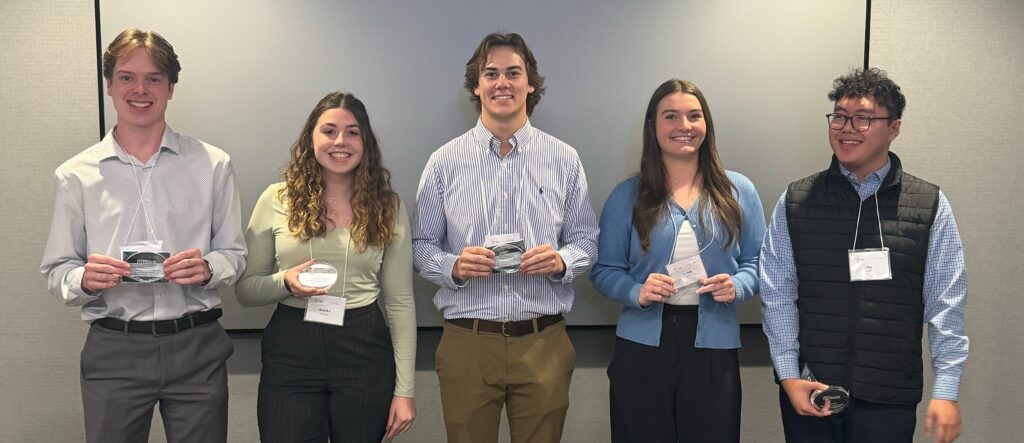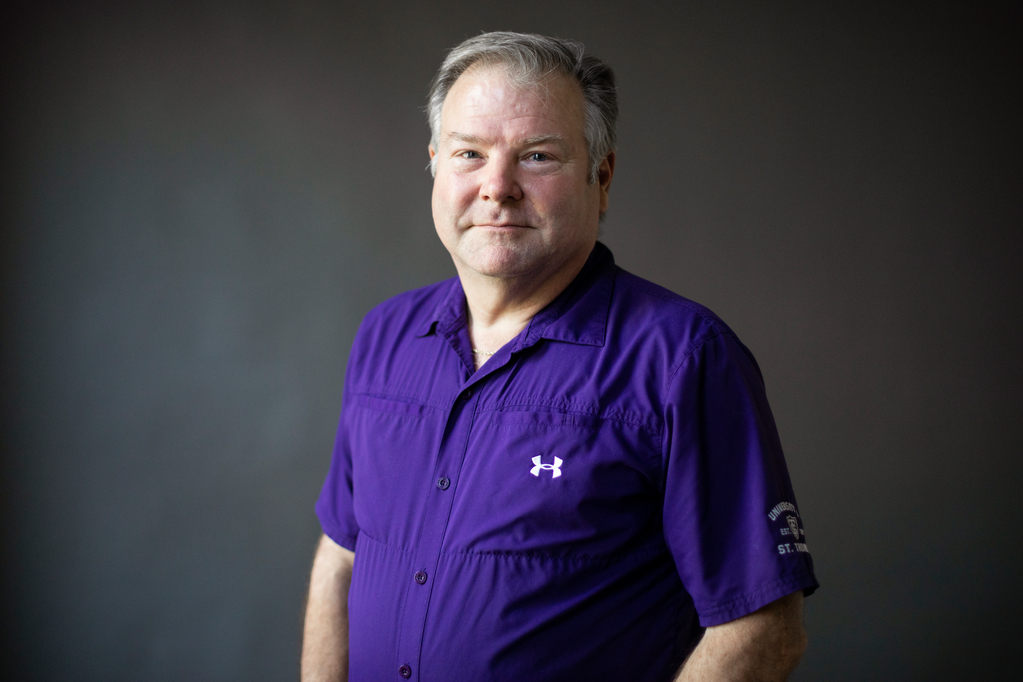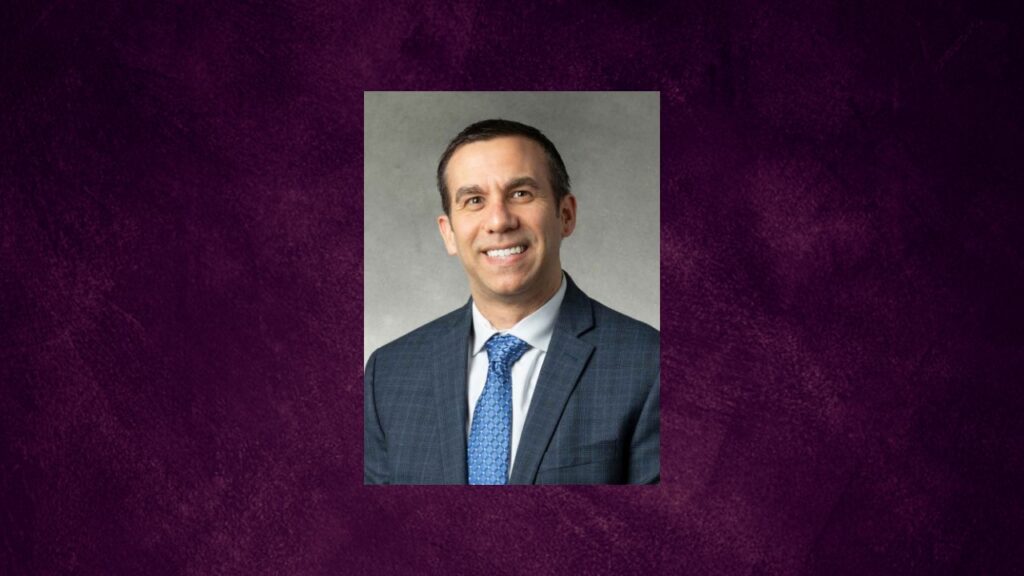It’s not what I will do but what I’ve been doing.
Getting a master’s degree doesn’t flip a magical switch that automatically enters you into a new job, status, or an upgraded lifestyle. I’d argue though that the act of going through school increases potential all along the way. You incrementally add more to the outcome, just like higher 401k contributions.
Since starting school I’ve had two promotions, enhanced working relationships, discovered what it means to narrow scope and add impact, lost my sense of entitlement and am more focused on solving problems than ever before. My mindset and attitude are also in a much better place than when I began my journey, something that I believe will always need work (for everyone not just for me).
I’ve also learned how to better deal with conflict, not to let go of my emotions or my feelings in situations but better respond by not getting defensive. One professor that leads brain surgeons at the mayo clinic told the class “as soon as we get defensive we’ve lost.” If you get defensive people stop offering feedback and are no longer open and authentic when interacting with you. That hurts business. That also hurts in life. I’ve also learned that business isn’t just numbers, it is also behavior. It’s collaboration, influence and buy-in. You can have a smart organization but an unhealthy one, and over time that will diminish results.
I’ve come to understand that the absolute most important thing for me though is to help others succeed. There is an innate and beneficial characteristic about this that is counter-intuitive. In a competitive environment it is easy to forget that others around you are very human, very vulnerable and almost always have positive intent. If we focus on the success of others we in turn become successful. You get what you give, some would say, but there might be more complexity to it. Uplifting others helps you stand up and succeed on your own as well. The motive seems selfish but I’d offer that the output of these actions are a result of selflessness. I am convinced of this and am willing to build my whole career on this principle.
I’ve observed and listened to leaders that exemplify this mantra. I’ve heard my pastor teach this over and over. Sometimes helping others succeed goes without recognition or acknowledgement, but it isn’t about that anyway. Standing behind and giving energy instead of standing out front and taking credit is much better. It’s the value of long term over short term, it is building trust, relationships and credibility, it is capacity to execute and innovate concurrently. The people closest to you, that matter most, understand and recognize this concept. The value of this type of recognition outweighs a plaque any day. This reminds me of Mother Teresa’s “Do it anyway.”
Because of my education, my perspective has changed. I am able to view things with a few different lenses. Work, life, value, scope, impact, skillset, mindset, relationships, ethics, conflict, growth, development, etc… all have enhanced meaning now. The biggest change for me is a shift in mindset. From the first day I entered class thinking “I can’t do this” to these last few weeks looking back at the milestones and accomplishments, my mindset has shifted.
I believe more in my capabilities and skills, I believe conflict is good if it is healthy, and I believe in very real but optimistic solution orientation versus problem presentation. My dad has told me time and again that many people can point out all that is wrong and only a few can point out what could be right. I’m understanding that now more than ever. Nothing better than a team member that comes to you and says “here is the problem and here are three ways to potentially solve it.” There is always a way to accomplish and move forward.
So, now that I have an MBA, what am I going to do? My answer is that I’m going to keep doing what I’ve been doing.
This post is by Jake Turner '13 M.B.A. a business partner in learning and development at Target, and originally appeared on his blog. His views are his own. It is republished with permission.
Find Your Answer
We invite you to join the conversation. All of the #FindYourAnswer questions have a unifying theme: they address business issues at the forefront of today’s business community that are frequently asked, but rarely addressed. This initiative is part of the Opus College of Business’ new call to action: one that fosters diverse perspectives and divergent views while focusing on practical, forward-thinking approaches to management challenges.







